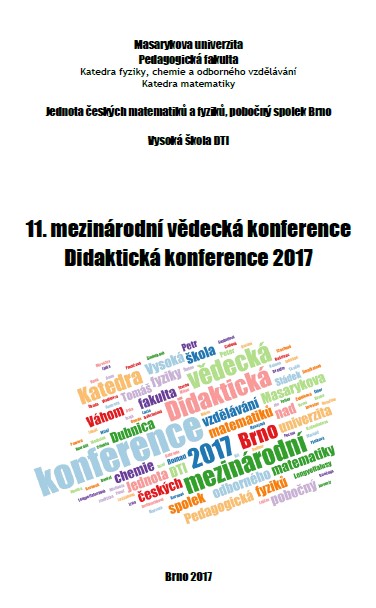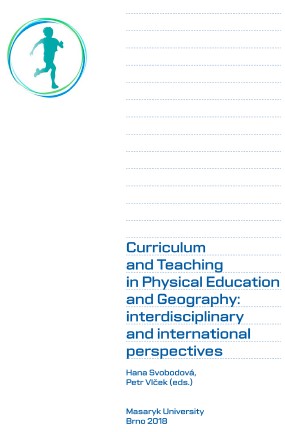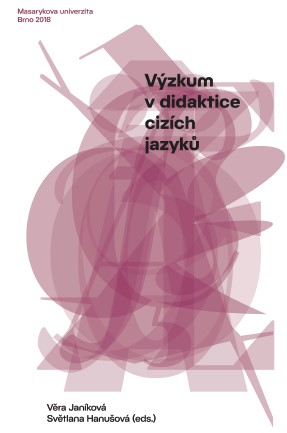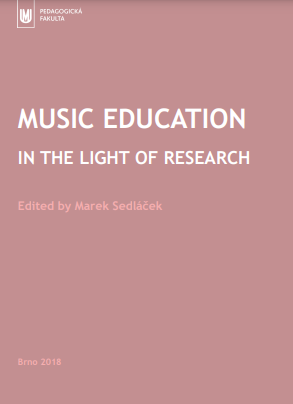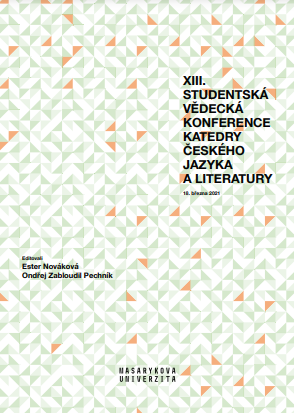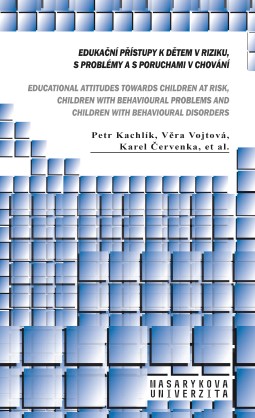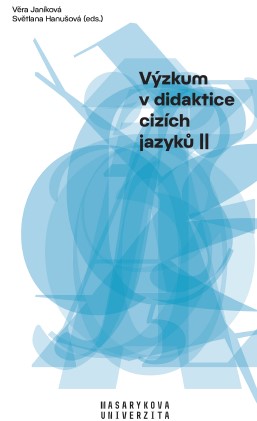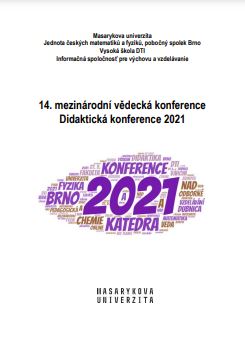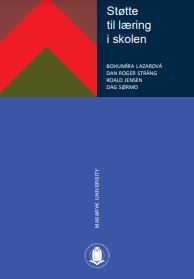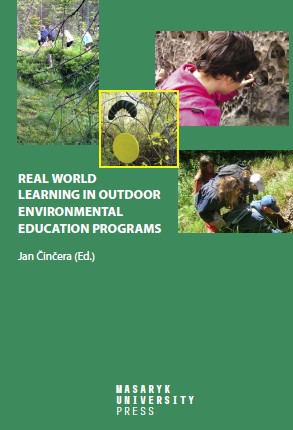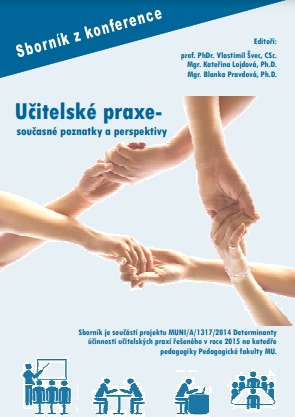
Potreba špeciálnopedagogickej praxe v pregraduálnej príprave študentov Pedagogickej fakulty Prešovskej univerzity v Prešove
Special-educational practice is an integral part of the undergraduate training of the special education program students. The paper brings an overview of individual forms of the special-education practice within the bachelor and master study level in the study program Special education. Moreover, paper raises the importance of the qualitative and good practical teachers and the active students’ participation during the practice realization; highlights the need for the enlargement of the special-educational practice also for the students from the study programs because of the rising amount of the pupils with special educational needs in the elementary schools who are individually integrated.
More...
